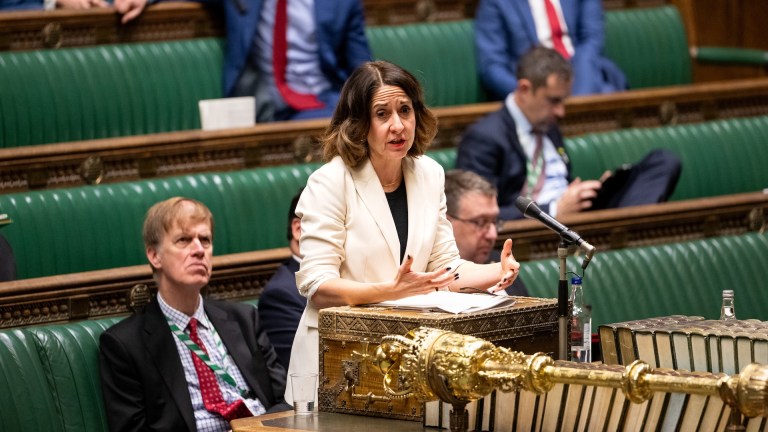Child poverty is increasing in families of key workers who, despite getting the UK through the pandemic, are increasingly falling into poverty, new research has found.
The number of children growing up in poverty in key worker households has increased by 65,000 in the last two years to nearly one million, and is expected to continue to rise to 1.1 million in 2023 unless ministers take action.
The situation is most dire for key worker families in the north-east of England, where two in five children are growing up in poverty, followed by three in 10 in the north-west and London.
The research conducted by the Trades Union Congress described how the UK is “teetering on the brink of recession” as ministers refuse to raise wages anywhere near that of rising inflation.
One third of those employed in Britain are classed as key workers under the government’s definition, which includes people working in health and social care, education, transport, police and fire service, and those who provide key public services such as broadband.
The government recently announced its yearly pay award for those in the public sector, but this was quickly dwarfed by rising inflation










